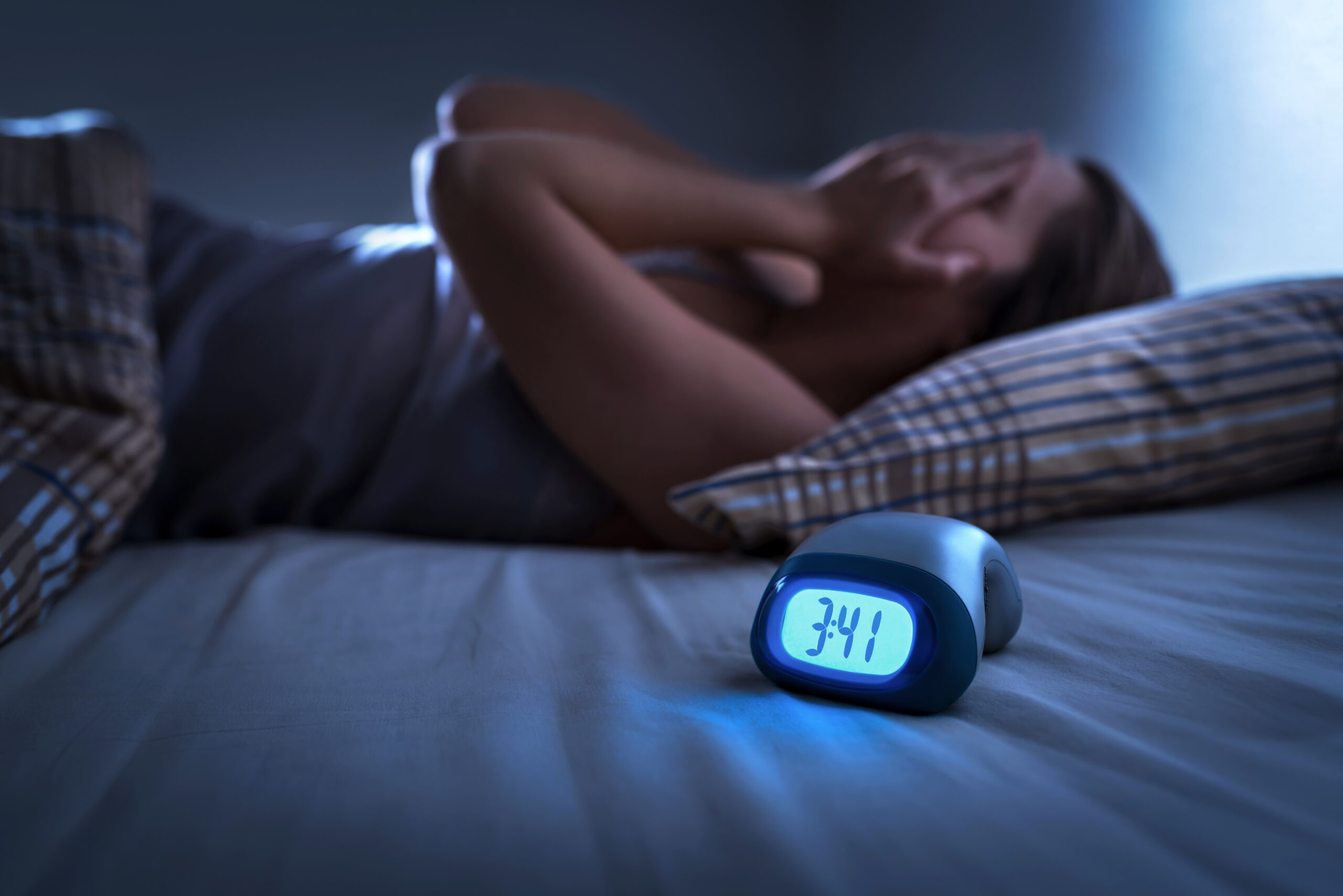Table of Contents

Lying awake at night, watching the minutes tick by, willing yourself to just fall asleep already, you fuel a vicious cycle.
Trying too hard to fall asleep often has the opposite effect.
The Trap of "Trying" to Fall Asleep
This "sleep effort" trap stems from how stress impacts the brain.
When you're feeling so tense about tomorrow's looming deadline or ruminating on worst-case scenarios, your sympathetic nervous system kicks into a higher gear.
This fight-or-flight state elevates heart rate, quickens breathing, and releases energizing hormones like cortisol ― the exact opposite physiological conditions needed for drifting off to dreamland.
Feeling frustrated over sleep struggles then creates more stress. And voilà, a tornado of angst swirls, sweeping away any chance of replenishing rest.
To break free, sleep doctors recommend cognitive behavioral therapy techniques like paradoxical intention ― let go of willing sleep to come and instead give yourself permission to simply rest.
Work With Your Body Clock, Not Against It
From blinking phones to glowing TVs, an ever-present onslaught of stimulating illumination cues our brains to stay alert long past sunset. That's because light suppresses the production of melatonin hormones that regulate sleep-wake cycles.
Many researchers have found that blue light, the kind emitted by electronic devices, is especially disruptive. Compared to other colors, blue wavelengths suppress melatonin for about twice as long and shift circadian rhythms by twice as much. Staring at screens well into the night essentially tricks your brain into thinking it's perpetual daytime.
To outsmart these invisible sleep saboteurs, give yourself an electronic sundown. Dim overhead lights and power down devices at least 1-2 hours before bed. Immerse yourself in calming darkness, signaling to your brain that nighttime really has descended.
The Surprising Sleep-Loneliness Link
Insomnia is often framed as an individual struggle. But many researchers have discovered an interwoven social dynamic at play.
Lonely people have more fragmented sleep, and a single night of poor sleep ratchets up feelings of isolation the next day. This negative feedback loop erodes health, as both loneliness and sleep deprivation are associated with depression, weak immune function, and even earlier mortality.
Prioritizing nurturing connections can help foster better sleep. When people feel more connected to their friends and family, their sleep tends to improve.
Whether it's talking to a friend, cuddling a pet or partner, or doing something thoughtful for others, small acts of kindness can help you feel more enmeshed in a compassionate social web. Tuck into bed enveloped in feelings of belonging and safeness, not isolation, and drifting off becomes that much easier.
AD
Most Recent
AD
